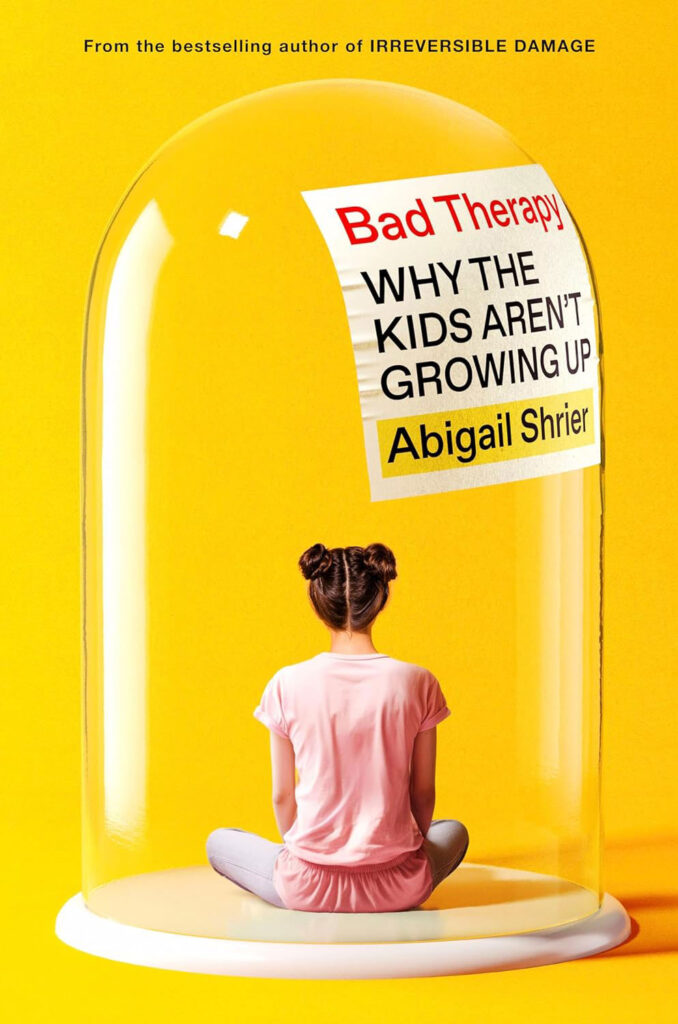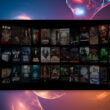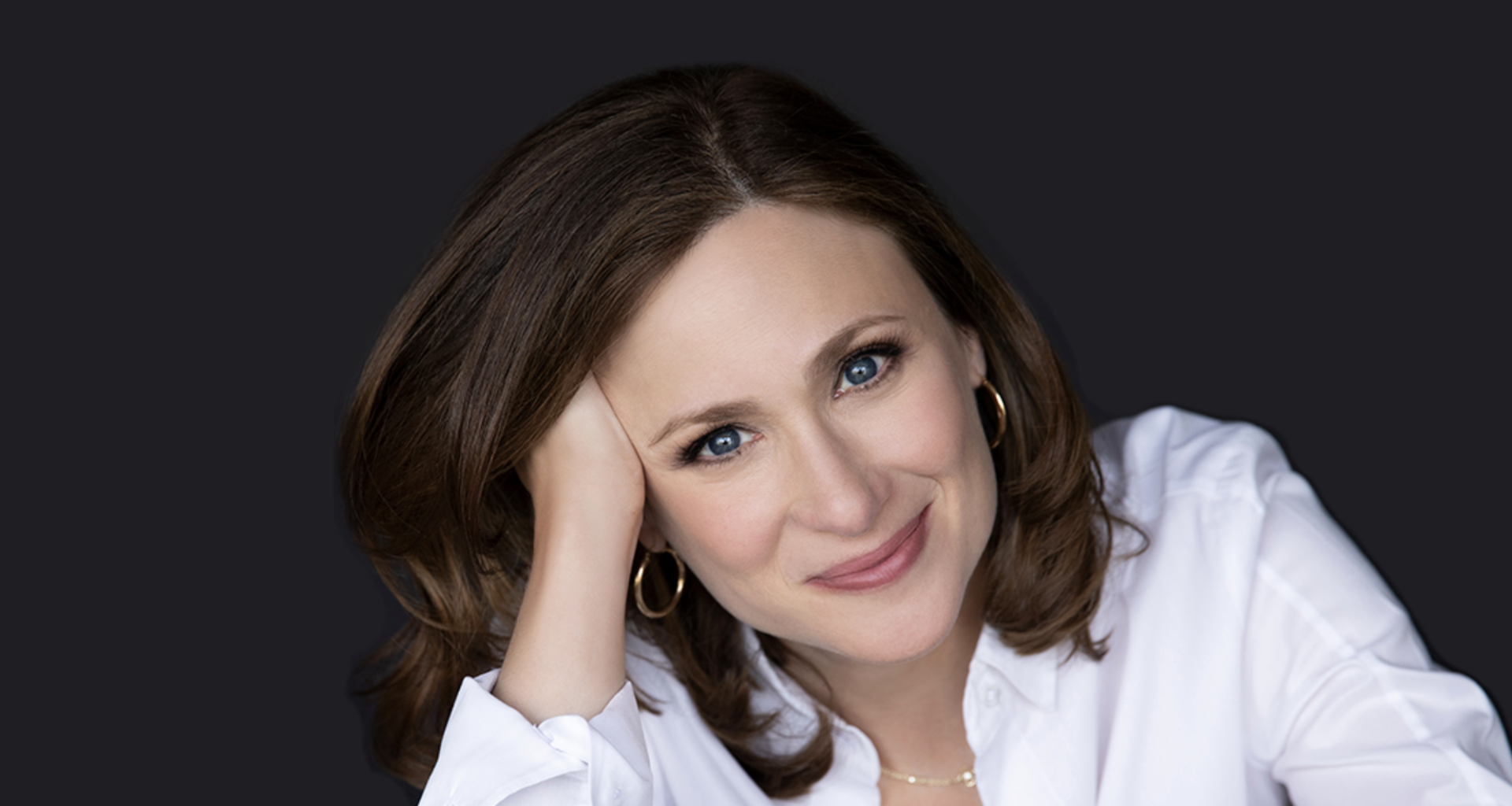As a father of two young kids, ages 2 and 5, and an avid advocate for rethinking the role of technology in children’s lives, Abigail Shrier’s book, “Bad Therapy: Why the Kids Aren’t Growing Up,” struck a chord with me that resonates deeply.
Shrier begins her exploration with a poignant anecdote, underscoring the fine line between genuine concern for children’s well-being and the tendency to pathologize normal childhood experiences. As a parent, I know how tough it can be to navigate when and what in a child’s life should be digitalised. I’m acutely aware of the delicate balance between addressing genuine mental health issues and allowing children the space to grow and develop resilience.
What I appreciate most about Shrier’s approach is her acknowledgment of the complexities surrounding mental health in children. She doesn’t dismiss the reality of severe mental health conditions but rather focuses on the potential consequences of overdiagnosing and over-intervening in situations that may not warrant such measures.
Drawing on insights from experts like Randolph Nesse and Allen Frances, Shrier highlights the importance of distinguishing between genuine mental health challenges and normal emotional fluctuations. This nuanced perspective aligns closely with my own beliefs about the need for balance in addressing children’s emotional well-being.
One of the key themes that resonated with me is Shrier’s critique of the constant focus on children’s emotions and feelings. As someone who grew up in a generation where resilience was cultivated through challenges and boundaries, I’ve often observed a trend towards overindulgence and overprotection in modern parenting. Shrier’s argument that constant attention to emotions can hinder the development of resilience and self-reliance strikes a chord with my own experiences.
About the Author
Abigail Shrier received the Barbara Olson Award for Excellence and Independence in Journalism in 2021. Her best-selling book, Irreversible Damage: The Transgender Craze Seducing Our Daughters (2020), was named a “Best Book” by the Economist and the Times (of London). It has been translated into ten languages.
Abigail Shrier
She holds an A.B. from Columbia College, where she received the Euretta J. Kellett Fellowship; a B.Phil. from the University of Oxford; and a J.D. from Yale Law School.

Furthermore, Shrier’s emphasis on the importance of boundaries and high standards in parenting aligns with my own approach to raising my children. While strict rules may sometimes be misconstrued as authoritarianism, Shrier argues convincingly that clear boundaries provide children with a sense of security and structure necessary for their development.
However, what sets Shrier’s book apart is its ability to navigate these complex issues with nuance and sensitivity. While critiquing the pitfalls of modern parenting and mental health interventions, Shrier never loses sight of the genuine struggles faced by many families. I don’t find her writing style to be overzealous in terms of pushing a certain narrative. Sure, she very much has her certain principles and bias, but I get the sense that she’s still trying to portray a nuanced view and lays out the facts rather than just coming from an emotional viewpoint.
In conclusion, I found Bad Therapy: Why the Kids Aren’t Growing Up to be a thought-provoking and timely exploration of the complexities surrounding children’s mental health. By challenging prevailing narratives and offering alternative perspectives, Shrier invites readers to reconsider their approach to parenting and mental health interventions. As a father deeply invested in the well-being of my children, I found her insights both enlightening and reassuring. This book is a must-read for any parent grappling with the challenges of raising resilient kids in an increasingly complex and social media driven world.





